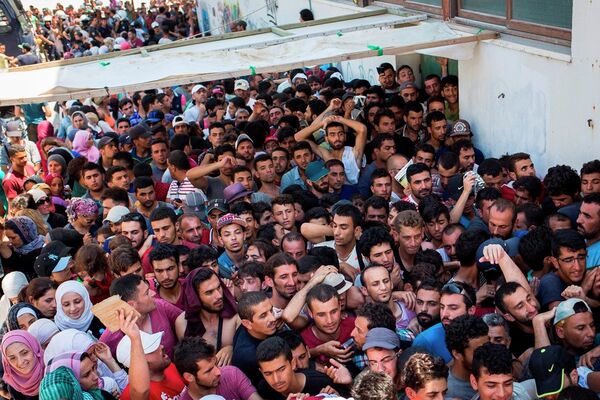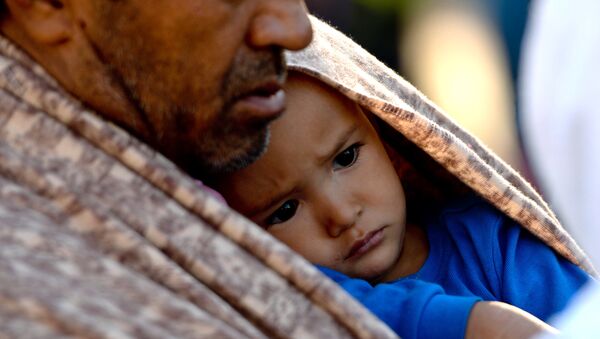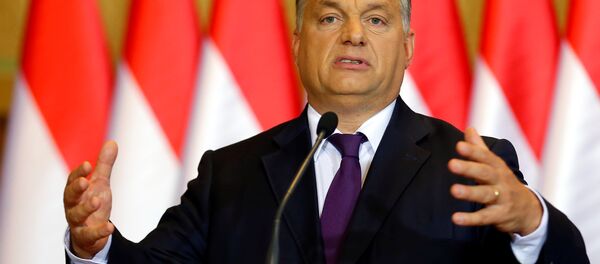EU interior ministers are facing the worst immigration crisis in the history of the EU, with migrants seeking asylum in Europe crowding on Italy and Greece, which itself has a 200 percent occupancy in its refugee camps. That means there are two migrants per available bed, because of a lack of space and assets at the so-called 'hotspots' where they are processed.

On the agenda are possible fines for EU member states that refuse to take in refugees from Italy and Greece, which — although technically agreed at EU-level — many member states are objecting to.
Under the relocation plan, 160,000 people granted asylum would be relocated around the EU member states according to a quota system, based on population, GDP and other measures.
However, the plan has run into major difficulties, as many countries — particularly in Eastern Europe — have rejected the deal. The European Council — representing every EU member state — agreed in June 2015 to:
"The temporary and exceptional relocation over two years from the frontline Member States Italy and Greece to other Member States of 40.000 persons in clear need of international protection, in which all Member States will participate."
'Absolutely Irrational'
Slovakia, the Czech Republic, Hungary, Poland — the Visegrad Four (V4) — are all staunchly opposed to the mandatory relocation of refugees, with both Hungary and Slovakia — which holds the rotating presidency of the EU — threatening legal action at the European Court of Justice.
Meanwhile, Austrian Interior Minister Wolfgang Sobotka told Germany's Die Welt newspaper, October 13, that the EU should increase measures to prevent displaced people from reaching the bloc. He also called on EU members to speed up the deportations of people whose asylum applications have been rejected.




